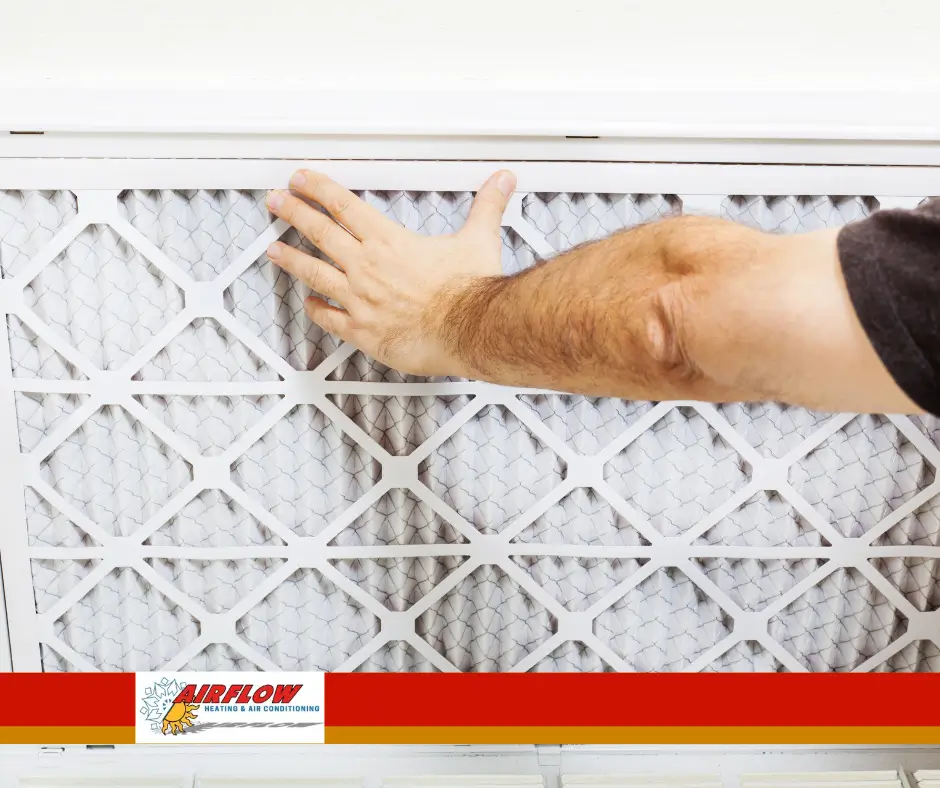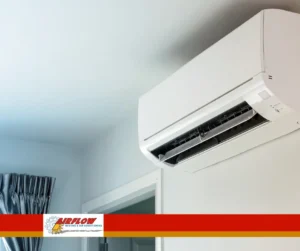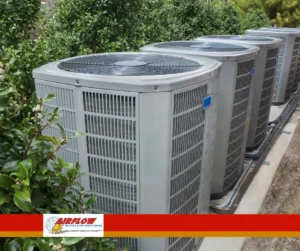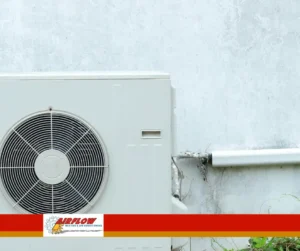Before diving into air conditioning installation, it’s crucial to evaluate your home’s cooling needs. Choosing the wrong AC size can lead to inefficiency, high energy costs, and an uncomfortable indoor climate.
Factors That Influence Cooling Needs
- Home Size and Layout: The square footage and layout significantly affect the capacity of the AC unit required.
- Insulation Quality: Well-insulated homes retain cool air better, reducing the workload on your air conditioner.
- Climate and Sun Exposure: Homes in hotter climates or those with large windows facing the sun will need a more powerful cooling system.
- Number of Occupants: More people generate more body heat, which can impact cooling needs.
- Existing Ventilation System: Proper ventilation improves efficiency and air distribution.
How to Determine the Right AC Size
The size of your AC unit is measured in BTUs (British Thermal Units). A professional AC installation expert can calculate the exact BTU requirement, but a general guide is:
- Up to 300 sq. ft. – 6,000 BTUs
- 300-500 sq. ft. – 10,000 BTUs
- 500-700 sq. ft. – 14,000 BTUs
- 700-1,000 sq. ft. – 18,000 BTUs
- 1,000-1,500 sq. ft. – 24,000 BTUs
Oversized units cool too quickly without properly dehumidifying, while undersized units struggle to maintain the desired temperature.
Energy Efficiency Considerations
Energy efficiency is a key factor in air conditioning installation. Look for AC units with a high SEER (Seasonal Energy Efficiency Ratio). A higher SEER rating means better energy savings.
Other features to enhance efficiency:
- Inverter Technology: Adjusts power consumption based on cooling demand.
- Smart Thermostats: Allow precise temperature control for reduced energy waste.
- Proper Ductwork: Well-sealed ducts prevent air leakage and improve performance.
Choosing the Right Type of Air Conditioner
There are different types of air conditioners suited for various needs:
- Central Air Conditioning: Ideal for whole-home cooling, requiring ductwork.
- Split System AC: A flexible and efficient choice for targeted cooling.
- Window AC Units: Suitable for cooling small rooms or apartments.
- Portable Air Conditioners: A temporary and mobile cooling solution.
Professional Air Conditioning Installation
Hiring a professional for AC installation ensures the unit is correctly sized, installed, and optimized for efficiency. Experts can also help with zoning systems, ductwork modifications, and smart thermostat integration.
Key benefits of professional installation include:
- Proper refrigerant handling and safe electrical connections.
- Ensuring warranty coverage and long-term reliability.
- Optimal system performance for maximum energy savings.
Final Thoughts
Assessing your home’s cooling needs before investing in an air conditioning installation is essential for efficiency, comfort, and cost savings. By considering factors such as home size, insulation, energy efficiency, and AC type, you can make an informed decision. If you’re unsure, consulting an HVAC professional can help ensure you get the perfect cooling solution.
READ MORE:
What to Look for When Evaluating Your Home’s Insulation for AC Installation





